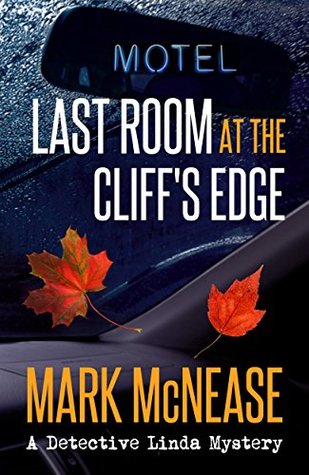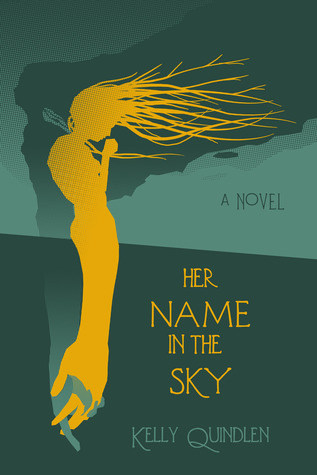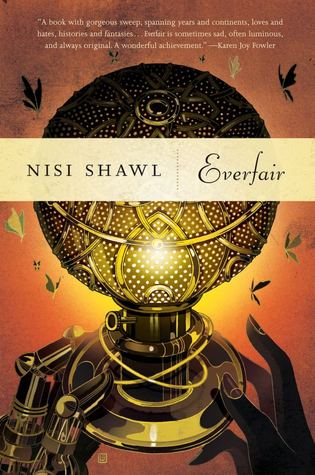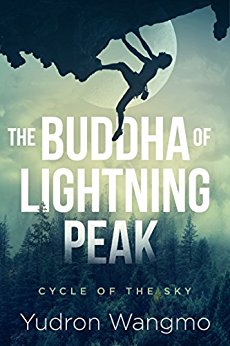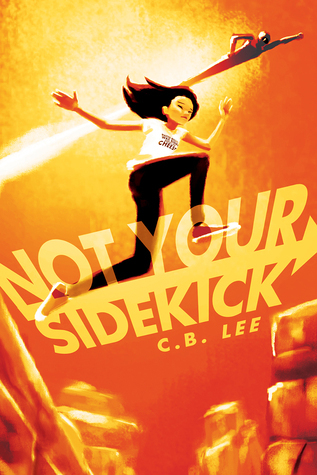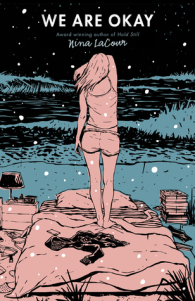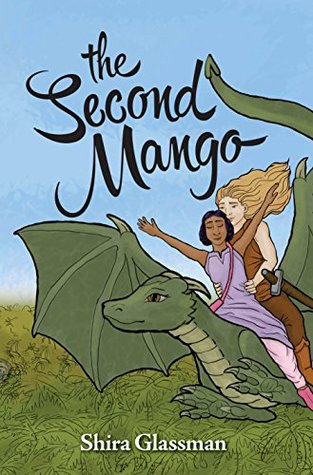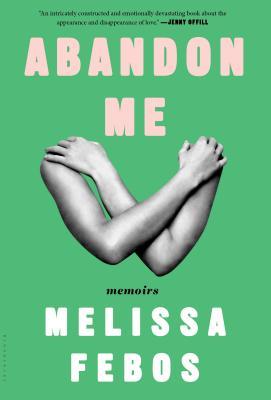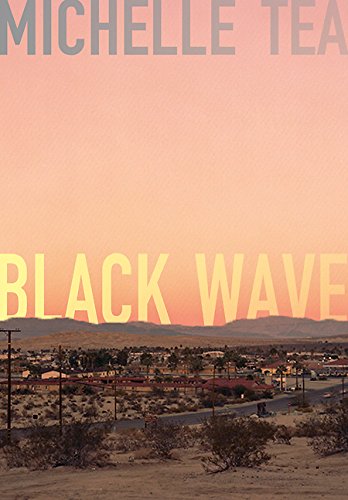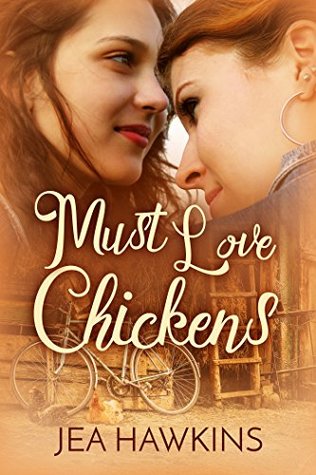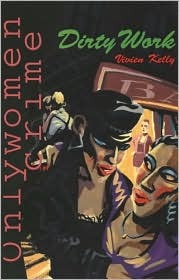Newest change to the Lesbrary: I’ve added a Support the Lesbrary page! I appreciate anyone who reads the Lesbrary at all: you’re the reason this site (and youtube and tumblr and twitter) exists at all! But if you feel like helping out in other ways because you’re an incredible and generous person, keep on reading!
If you like what we do here at the Lesbrary, consider supporting us on Patreon or Ko-Fi!
https://www.youtube.com/watch?v=xvoHaMlPfA4
Patreon is a crowdfunding website where you pledge some money every month to people and projects you want to support! Usually it’s between $1-5 a month. In return, you get rewards! If you support the Lesbrary on Patreon for $2 or more a month, you get entered into a monthly queer book giveaway!
I also have goals for Patreon: at the $100 mark, I will start the Lesbian Literature 101 series: a project that details the history of queer women literature through a combination of posts and videos. We’re so close to meeting this goal! After that, additional money will go towards carving out time to improve the tagging system, produce additional content, and maybe even start a podcast!
Support the Lesbrary on Patreon here!
If you aren’t able to give a recurring amount, consider supporting the Lesbrary on ko-fi! This is a site where you can chip in enough money for a coffee to support the people and projects you enjoy. It’s a one-time donation, so you don’t have to worry about being able to afford it next month.
Support the Lesbrary on ko-fi here!
Other ways to support the Lesbrary:
- Want a guaranteed review at the Lesbrary, or just some thorough feedback on a queer women book you’re working on? Consider getting a sponsored review!
- Want access to more f/f ebooks than you can read in a lifetime? Able to review a book a month? Apply to be a lesbrarian!
- And, of course, you can support the Lesbrary by sharing posts on social media! Or just by reading, commenting, and being generally awesome.
However you support the Lesbrary, I appreciate it so much! This is my passion in life, and any chance I get to spend more time on it is something I cherish. Thank you for reading!

